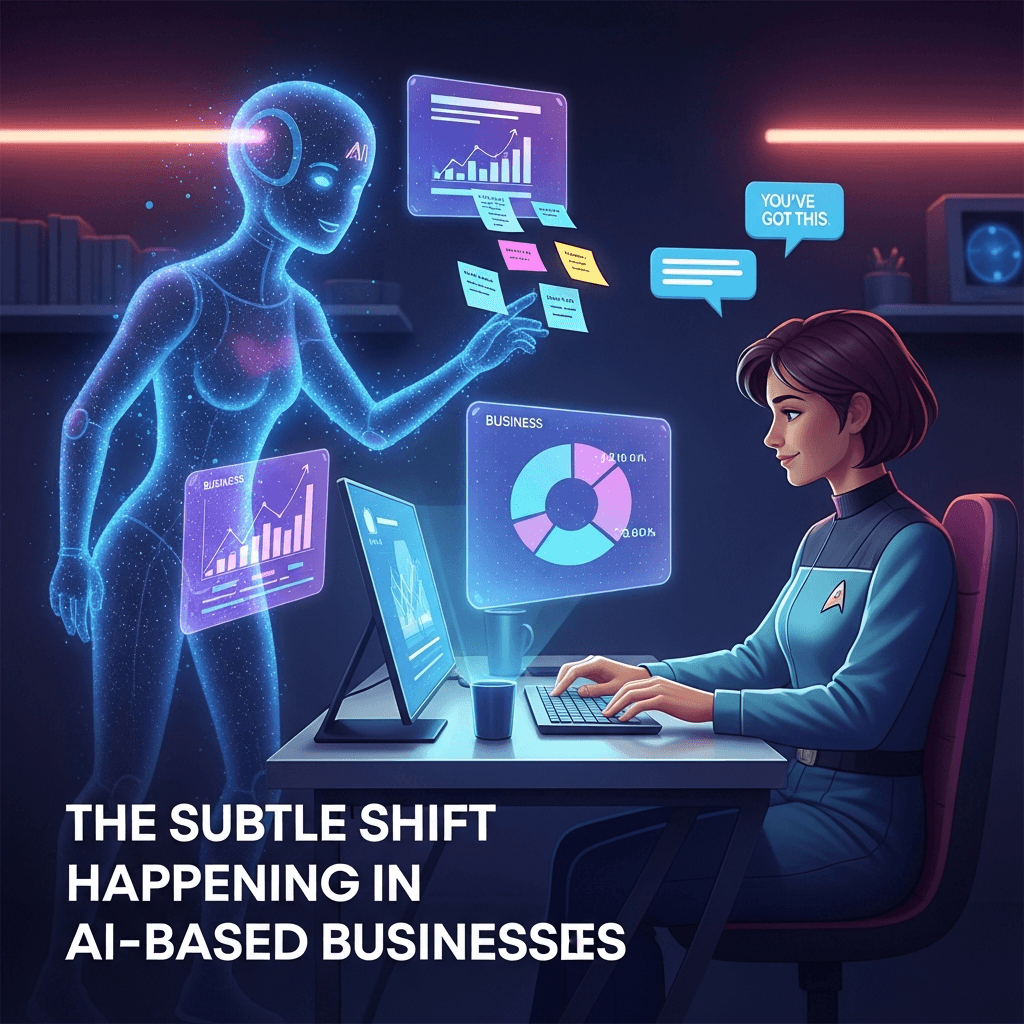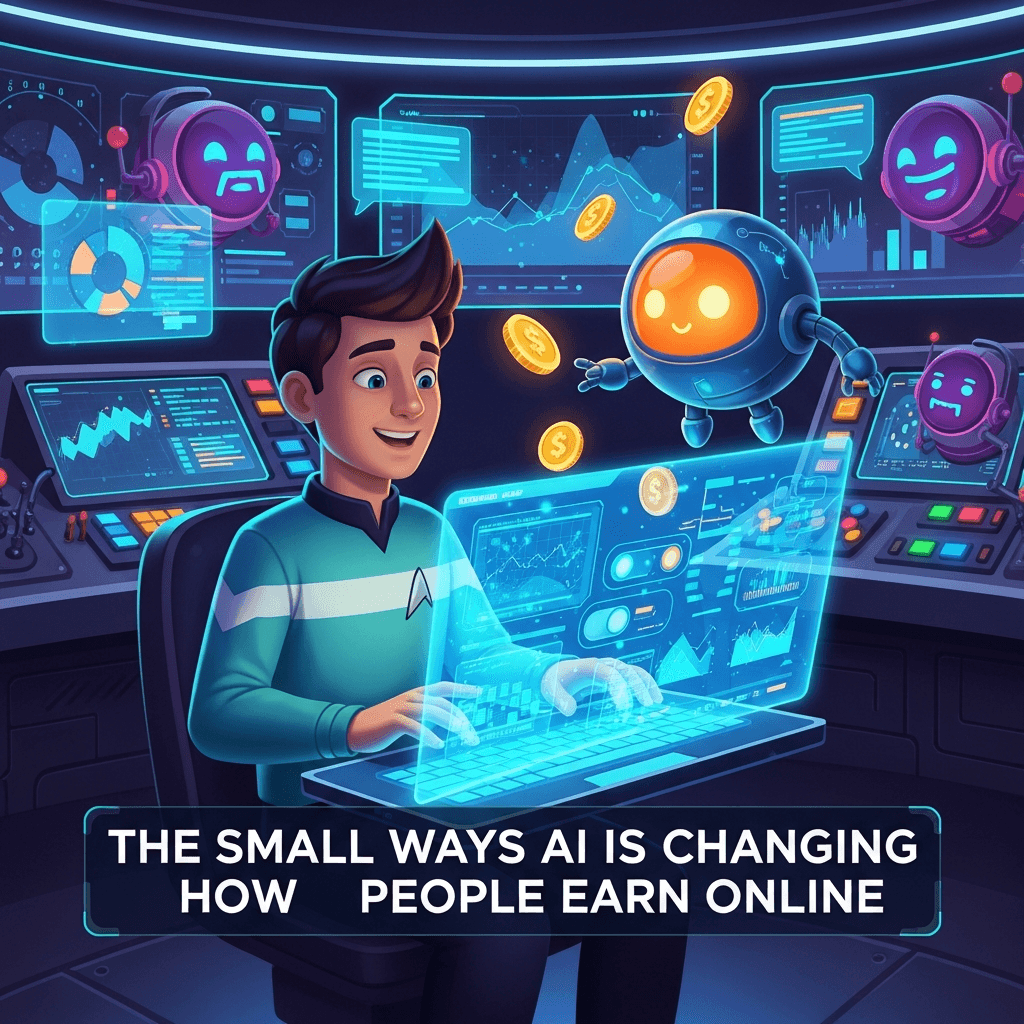Scammers no longer need to guess your password—they just need your voice. AI deepfake voice tech can now clone someone after hearing just a few seconds of audio. From fake “kidnapping” calls to bogus bosses demanding money transfers, criminals are cashing in. Here’s why voice deepfakes are so scary and how to protect yourself.
Introduction
Once upon a time, if your mom called, you knew it was your mom. Now? Not so much. AI can clone voices so perfectly that you could be tricked into believing anything—even if the person on the other end isn’t real.
How Voice Deepfakes Work
All it takes is a few seconds of your voice from a YouTube video, a podcast, or even a voicemail. AI analyzes the sound, tone, and rhythm—then spits out a near-perfect copy. Want Morgan Freeman to narrate your voicemail? Easy. Want your boss to “call” you and demand a money transfer? Even easier.
The Scams Already Happening
- Fake kidnapping calls: Parents get a call with their child’s voice screaming for help. Panic sets in, money gets wired. The child was never in danger.
- CEO fraud: Employees get calls from a “boss” telling them to wire funds—except it’s a deepfake.
- Romance scams: Victims think they’re chatting on the phone with a lover. In reality, it’s a cloned voice.
It’s straight-up chilling.
Why This Is Worse Than Text Scams
We trust voices. Text can be faked, photos can be doctored—but a familiar voice on the phone hits our emotions instantly. That’s what makes this scam so dangerous: it bypasses logic and goes straight to fear or trust.
The Tech Isn’t Just for Bad Guys
To be fair, voice AI isn’t all doom. It’s helping people with speech disabilities, dubbing movies, and making virtual assistants sound more natural. But like any tool, in the wrong hands, it’s a weapon.
How to Protect Yourself
- Set up safe words: Families can agree on a “code word” to confirm emergencies.
- Verify before acting: If your “boss” calls asking for money—hang up and call them back directly.
- Limit voice data: Be mindful of how much of your voice you put online.
- Stay skeptical: If something feels urgent and emotional, double-check before reacting.
The Bigger Picture
If we can’t even trust voices, what happens to things like court evidence, interviews, or political speeches? Deepfake voices are blurring the line between truth and manipulation at a speed most people aren’t ready for.
Bottom Line
AI voice cloning is cool tech with terrifying consequences. Next time you get a call from someone you know, pause and think: “Is this really them?” Because in the deepfake era, even your mom’s voice could be a scam.









